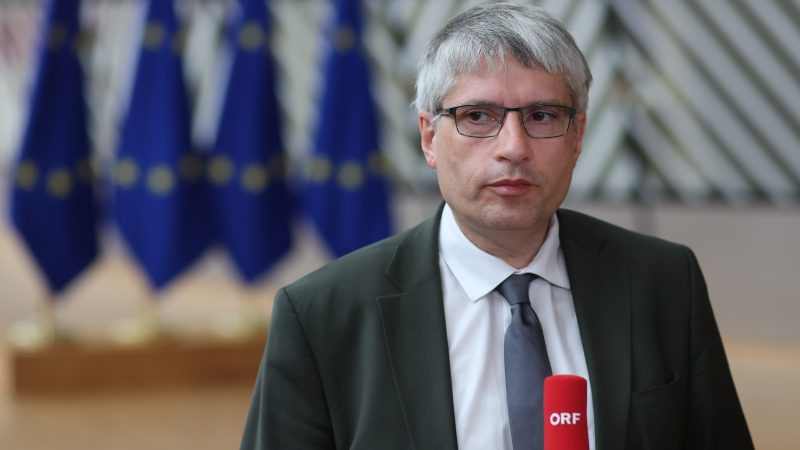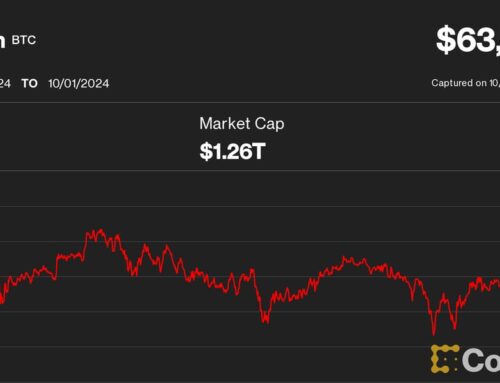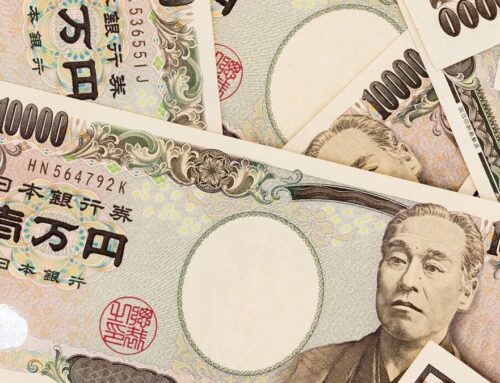Berlin’s clean industry wish-list: Kick nuclear out of EU financing
September 30, 2024

Laying out key priorities for the EU’s upcoming Clean Industrial Deal, German Economy State Secretary Sven Giegold said on Monday (30 September) he wants the Commission to prioritise renewable energy, taking a tough line on nuclear power and France’s renewable targets.
In its first 100 days, von der Leyen’s second Commission is expected to outline a “Clean Industrial Deal” – marrying green growth to shoring to industrial competitiveness in the face of the Union’s global rivals.
In this strategy, industrial powerhouse Germany, the EU’s largest economy, wants a clear focus on renewable energy.
“Our European economy needs affordable, fast and vast amounts of renewable energy,” said Giegold at an event held by the Danish Embassy in Berlin.
“We will need massive investments to accelerate our energy transition while at the same time ensuring competitiveness for our industry,” he added, pointing to the EU’s cross-border project fund known as Connecting Europe Facility, the European Investment Bank and its scuffle with Paris over its insufficient renewable energy targets.
“It is important to exclude nuclear energy and its production from all EU funding,” the German politician said.
“The Commission must fully impose the 2030 [renewable energy] framework,” Giegold said, adding – by going off script – that this was instead of “shelving treaty infringement proceedings, as we have seen in the past.”
Brussels has been pressuring France to make up for missing its 2020 renewables target and include one of 44% renewable energy by 2030 to be in line with the EU ambition to reach 42.5% across all countries.
Wish-list for the Clean Industrial Deal
Alongside a quicker roll-out of renewable energy facilitated by “further exemptions from [environmental impact] assessments,” Giegold outlined several other German priorities for the EU’s upcoming strategy.
Based on the 2030 renewable energy targets, the EU should also set up a 2040 framework, complemented by new, more ambitious targets for energy efficiency, he said.
“It should include new heating standards, a heat pump action plan and a renovation initiative,” he explained, noting a heat pump action plan was last shelved in 2023.
Hydrogen, made from renewables, should be governed by a “a pragmatic framework,” the German politician stressed, reiterating calls from his boss, Economy Minister Robert Habeck (Greens), to delay strict production rules into the late 2030s.
Finally, his proposals include a “flexibility roadmap” to incentivise electricity consumers to to adapt to fluctuating electricity supply and a “grid union” to overhaul the EU’s rulebook for grid planning – which is currently done by grid operators on a ten-year basis.
[Edited by Martina Monti/Anna Brunetti]
Search
RECENT PRESS RELEASES
Related Post



